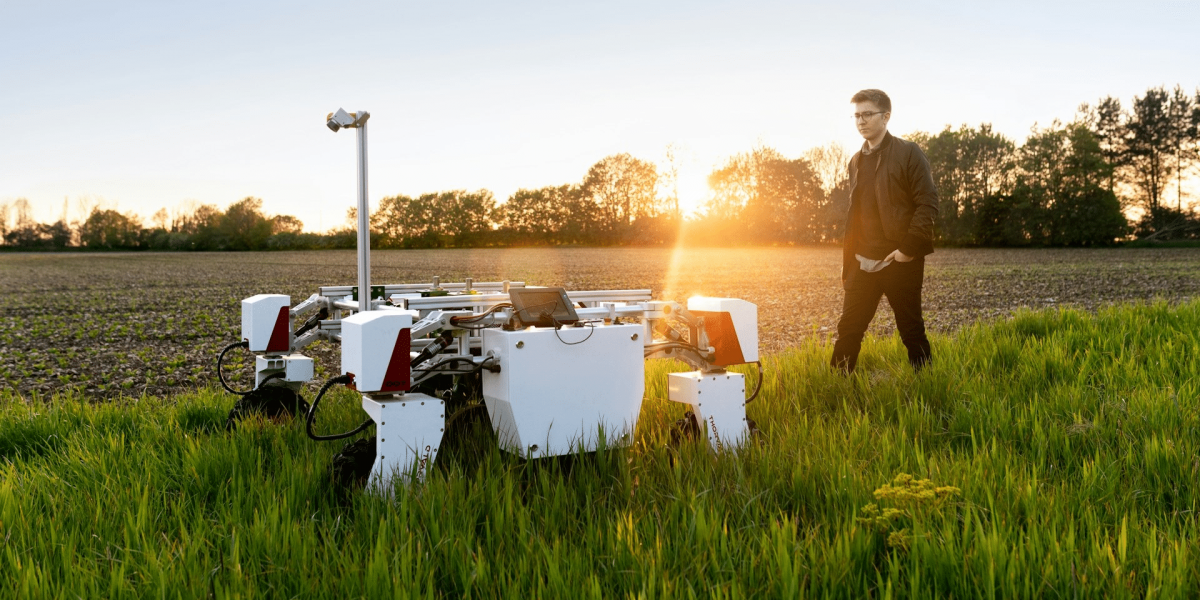In an era characterized by rapid technological advancements, the integration of robotics into the workforce has emerged as a pivotal force reshaping the dynamics of labor markets across industries. This seismic shift raises profound questions about the future of work, prompting a critical examination of the impact robotics has on employment, skills, and the broader socio-economic landscape.
The Rise of Robotics: A Paradigm Shift in Work
As automation and artificial intelligence technologies continue to advance, businesses worldwide are embracing robotics to enhance efficiency and productivity. The implementation of robotic systems has become a common thread weaving through sectors that range from manufacturing to service-oriented industries. This rise of robotics signifies a paradigm shift in how tasks are executed, challenging traditional notions of labor and demanding a reevaluation of workforce dynamics.
The introduction of robotic technologies has particularly been pronounced in repetitive and routine tasks. Industries traditionally reliant on manual labor are witnessing a transformation as machines take center stage in executing mundane, time-consuming activities. The allure of increased precision, speed, and consistency drives this adoption, but it comes at the cost of displacing human workers from roles they once dominated.
The Impact on Employment: Navigating Uncharted Waters
While the incorporation of robotics has undeniably streamlined processes, the concern over job displacement looms large. The displacement of human workers in favor of automated counterparts prompts a reassessment of the workforce’s role in an increasingly automated world. The ramifications extend beyond factory floors to office spaces, where administrative and data-driven tasks are succumbing to the efficiency of robotic systems.
Contrary to the initial fears of widespread unemployment, some argue that the rise of robotics is a catalyst for job creation. Proponents of this viewpoint posit that as technology takes over routine tasks, it frees up human workers to engage in more complex, creative, and emotionally intelligent roles that machines currently struggle to replicate. This contrarian perspective challenges the narrative of a job apocalypse and highlights the potential for a redefinition of work roles in the era of robotics.
Navigating the Ethical Landscape: Balancing Progress and Humanity
As robotics reshapes the workforce landscape, ethical considerations come to the forefront. The use of automation raises questions about the responsible deployment of technology, especially in industries where decisions impact individuals’ livelihoods. Striking a balance between technological progress and ethical responsibility becomes paramount to ensure that the benefits of robotics are harnessed without sacrificing the well-being of the workforce.
In considering the ethical implications, it is crucial to address issues such as job displacement, retraining programs, and the potential concentration of economic power in the hands of those who control automated systems. The ethical landscape of robotics demands a thoughtful approach that prioritizes transparency, accountability, and a commitment to mitigating the negative consequences on the workforce.
Summarizing the Robotics Revolution
In conclusion, the integration of robotics into the workforce signifies a transformative moment in the history of labor. The rise of automation challenges traditional notions of work, presenting both opportunities and challenges for societies navigating this paradigm shift. The impact on employment, ethical considerations, and the evolving nature of work roles compel us to engage in a nuanced conversation about the future of labor in the age of robotics. As we navigate these uncharted waters, the need for thoughtful, ethical, and transparent decision-making becomes imperative to ensure that the benefits of technology are harnessed for the collective good. The robotics revolution is upon us, and it beckons us to shape a future where progress and humanity coexist harmoniously in the ever-evolving landscape of work.














